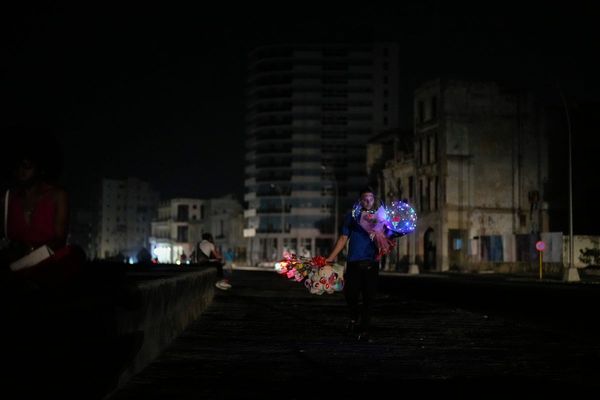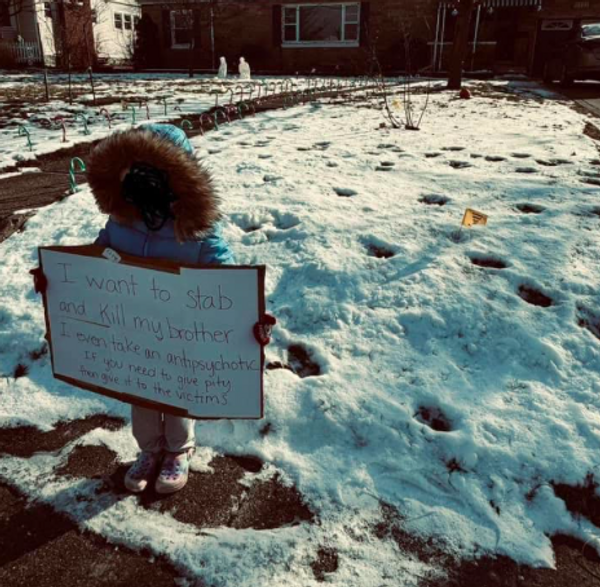
The White Lotus, Succession, The Menu, Knives Out: dramedies that satirise the enviable lifestyles and dubious morality of the ultra-rich are having a moment. But it isn’t only western audiences indulging in a little “eat-the-rich” catharsis to take the edge off ever-widening wealth inequality.
Reborn Rich (재벌집 막내아들) – a South Korean saga that became the country’s most watched K-drama last year – centres on the super-rich Kim clan and their family firm, the Soonyang Group: a big, complicated conglomerate encompassing everything from tech to department stores. But the Kims’ real talent is for corporate malfeasance and carrying enough intergenerational baggage to fill several private jets. Both their present-day wealth and dysfunction can be traced back to the company’s late founder and patriarch, Jin Yang-chul (Lee Sung-min), who looms over them even in death.
Song Joong-ki, one of South Korea’s most popular leading men, plays a loyal but long-suffering company man named Yoon Hyun-woo, who discovers a secret slush fund just as the company is embroiled in another bitter succession battle and a government investigation. He doesn’t know who to trust and with good reason: before we know it, our hero gets unceremoniously whacked in a mob-style hit.
For most shows, killing off the main character in episode one would be a strange move, but this is the point where the real, much zanier show begins. Hyun-woo wakes up in the late 80s but he’s no longer the gifted son of a poor, working-class family. Rather he has been reincarnated into the prepubescent body of Jin Do-jun, the youngest, semi-estranged grandchild of the great Jin Yang-chul, who – in this timeline – is still alive and at the peak of his power.
Like a cross between Outlander, Back to the Future and The Big Short, Reborn Rich follows Jin Do-jun throughout the 90s as he sets out on a long game to edge out his family rivals, take over the Soonyang Group and maybe solve his own murder. Armed with the conscience and memories of his past/future life (don’t think about it too much), Do-jun masterminds a series of “miracle” wins in the stock market, navigating real-life recessions and disasters to build a private war chest and outfox his privileged and corruptible uncles, aunts and cousins. You’ll chuckle when he contemplates buying distribution rights for James Cameron’s Titanic and gasp when he tells an associate to sell off their lucrative US stocks … just days before 9/11.

In real life these kinds of corporate dynasties – or chaebols – have played a dominant and controversial role in South Korea for half a century. While Reborn Rich hams up the excesses of the Soonyang bubble, there’s also real pathos in its critique of primogeniture, inherited wealth and corporate culture. Protesting workers become a fixture outside the swanky highrises and, for all the boardroom intrigue and hostile takeovers of his new life, Do-jun knows deep down that it’s usually working people whose lives are left in ruin while the rich brush off the crises they help create.
It is not, in case you were wondering, a subtle show, trading realism for delicious histrionics and a kind of dream-logic. As the youthful Do-jun, 37-year-old Song Joong-ki is made up to look like a 90s teenager with the aid of soft-light cinematography and “how do you do, fellow kids” outfits – he always seems to have a backpack slung over one shoulder. His cool and casual demeanour is in stark contrast to the business suits and adult tantrums of the extended Kim family, played by a supporting cast who are clearly having a ball.
But it gets away with it all thanks to the oddly compelling relationship between the young Do-jun and his powerful “grandfather”, a sour and mercurial old man who trusts no one and seems to hate all his children. And yet they develop an undeniable bond as Jin Yang-chul begins to see this brilliant boy with inexplicably good investing nous as a potential heir.
When Do-jun also grows to love and respect this awful, awful man, it adds a wrinkle to the revenge fantasy; he dreams of being a better kind of empire-building corporate citizen – but, we begin to wonder, is that even possible? And as he pulls strings, profits from tragedy and lays cunning traps for his so-called family, is his conscience really that clear?
Like many K-dramas, it’s unclear if or how a second season will follow, which may well come as a relief after more than 16 hours of near-relentless narrative whiplash and heightened drama. But maybe, just maybe, you might also find yourself wishing for some kind of time travel reincarnation situation of your own just to experience it all again.







